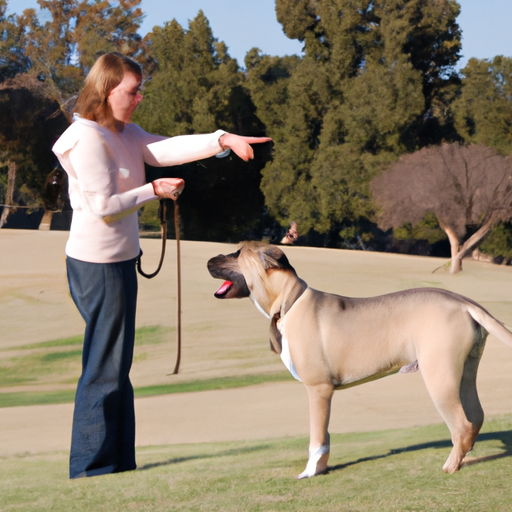A peaceful walk in the park can quickly turn into a stressful experience when your dog can’t resist barking at every other dog you cross paths with. It can be embarrassing, frustrating, and disruptive. However, with understanding, patience, and the right training techniques, you can teach your dog not to bark at other dogs.
In this article, we will explore the reasons behind this behavior, effective training methods, and how to maintain progress.
Table of Contents
- Understanding Why Dogs Bark at Other Dogs
- Training Techniques to Stop Barking
- How to Maintain Progress
- Frequently Asked Questions
Key Takeaways
- Understanding why your dog barks at other dogs is crucial in addressing the problem.
- Training techniques such as desensitization, counter-conditioning, and the ‘quiet’ command can be effective.
- Consistency, positive reinforcement, and patience are key to maintaining progress.
Understanding Why Dogs Bark at Other Dogs
Understanding the cause of your dog’s barking is the first step towards addressing the issue. Dogs bark at other dogs for various reasons – some of these include fear, excitement, territorial instincts, lack of socialization, or even because they’ve learned the behavior is rewarded.
An article by American Kennel Club provides a more detailed explanation of why dogs bark at other dogs.
Training Techniques to Stop Barking
-
Desensitization: This involves gradually exposing your dog to the trigger (other dogs) from a distance where they remain calm, then slowly reducing that distance.
-
Counter-Conditioning: Here, you change your dog’s response to the trigger. For example, when they see another dog and remain calm, reward them with a treat or praise.
-
The ‘Quiet’ Command: Teach your dog to understand the ‘quiet’ command. Start by saying ‘quiet’ when they bark, then rewarding them when they stop.
More detailed training techniques can be found on Onetopdog’s training guide.
How to Maintain Progress
Maintaining progress requires consistency, positive reinforcement, and patience. Always reward your dog for good behavior and remember that progress may be slow. Regularly expose your dog to other dogs in controlled environments to reinforce their training.
For more tips on maintaining progress, you can check out Onetopdog’s guide on canine behavior.
Frequently Asked Questions
-
Why does my dog bark at other dogs?
Dogs bark at other dogs for various reasons such as fear, excitement, territorial instincts, lack of socialization, or learned behavior. -
How can I train my dog not to bark at other dogs?
Techniques such as desensitization, counter-conditioning, and the ‘quiet’ command can be effective. -
How can I maintain progress in training my dog not to bark at other dogs?
Consistency, positive reinforcement, and patience are key. Regularly expose your dog to other dogs in controlled environments to reinforce training.
Remember, every dog is unique and what works for one might not work for another. It’s important to understand your dog’s behavior and adapt your training techniques accordingly. This journey may be challenging, but with the right approach and dedication, your peaceful park walks are just around the corner.
For further reading on your dog’s behavior, check out Onetopdog’s various blogs.



